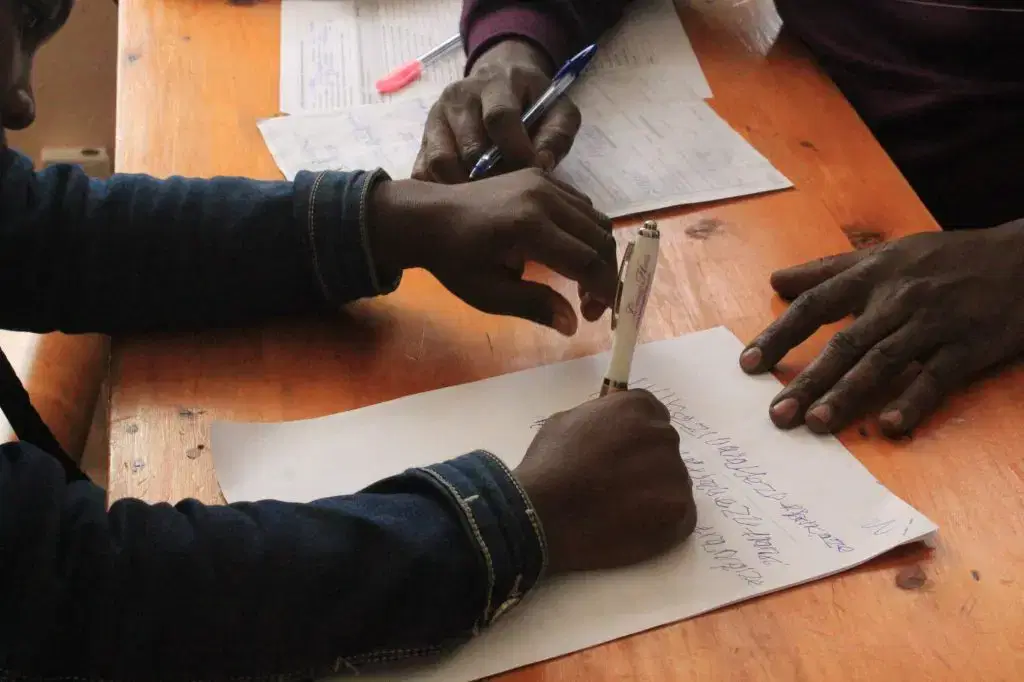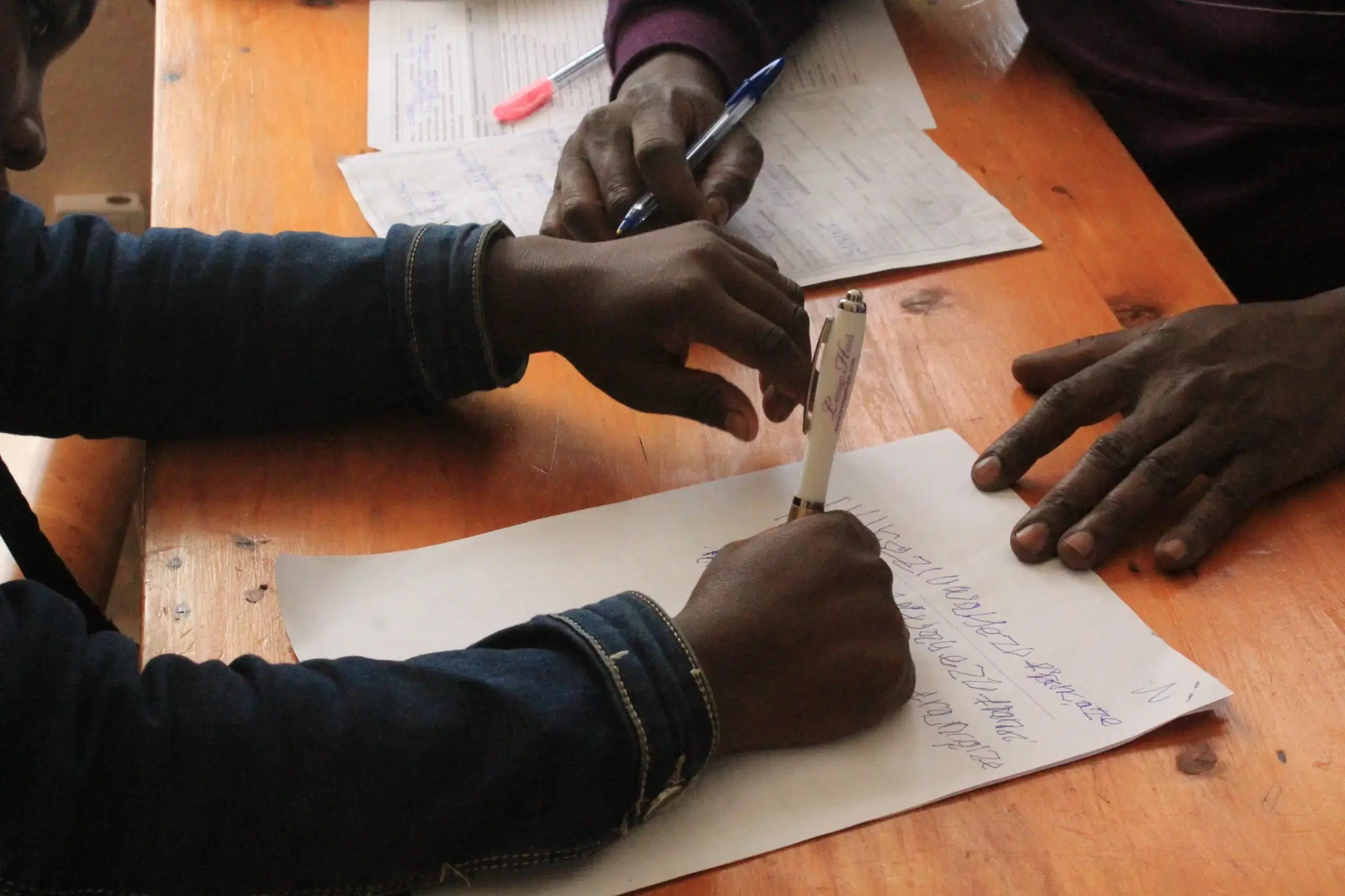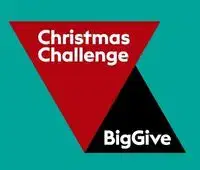Rwanda
December 2024– June 2025
Funding Partner: UNICEF Rwanda
Local Partners: UNICEF Rwanda, Rwanda Biomedical Centre (RBC), National Council of Persons with Disabilities (NCPD)
Why is the project needed?
In Rwanda, children with disabilities often face barriers to education and community participation due to a lack of appropriate assistive devices and inclusive services. To address this, Chance for Childhood, in partnership with UNICEF and the Rwanda Biomedical Centre conducted an assessment in early 2025 to identify children in need of assistive devices. The assessment focused on the districts of Gisagara, Ngororero and Gakenke.
The assessment found that:
- Of the 2,455 children assessed, 944 had physical disabilities, followed by mental/intellectual (570), and multiple disabilities (477).
- 32% of children with disabilities were not enrolled in school, and only 6% attended secondary education.
- 29% of children were identified as needing at least one assistive device.
- Barriers to schooling included inaccessible terrain, lack of inclusive environments, and stigma.
- Gakenke had the highest number of assistive device needs due to its larger population and difficult terrain.
- 42% of caregivers also received a diagnosis for the first time during the assessment.
- Negative attitudes and lack of inclusive school environments were significant barriers.
To address this, the LIFT project is assessing school-aged children to determine what support they need and provide assistive devices.
Main objective:
To establish a multidisciplinary team of healthcare professionals to identify rehabilitation needs and provide appropriate intervention among school aged children with disabilities in Gisagara, Ngororero and Gakenke districts.
Project goals:
- To conduct a comprehensive multidisciplinary assessment to school aged children with disabilities in 5 districts of Rwanda
- To provide referral services to appropriate services in according to the identified needs.
- To provide assistive devices to the children with disabilities identified with a need
- To provide post-fitting follow up support
The project has already assessed more than 2,000 children with disabilities in Gisagara, Gakenke and Ngororero.


Pictured: Assistive devices provided to project participants, a child taking an eye test as part of the project.


